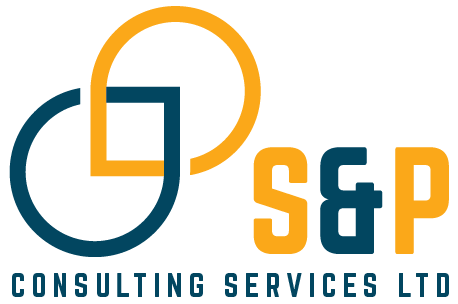Introduction
The healthcare industry is undergoing rapid transformations, influenced by technological advancements, demographic shifts, and evolving patient expectations. As the sector continues to grow, the demand for skilled healthcare professionals is at an all-time high. To stay ahead, organizations must adapt their recruitment strategies to align with the emerging trends and challenges.
Trend 1: Embracing Digitalization
Digitalization is reshaping the healthcare recruitment landscape. Telehealth, AI-driven diagnostics, and electronic health records are becoming standard, requiring talent familiar with these technologies. Healthcare organizations must prioritize candidates who are tech-savvy and adaptable to digital workflows, emphasizing the importance of continuous learning and digital literacy in their recruitment criteria.
Strategy:
- Invest in training and development programs to upskill existing staff.
- Partner with educational institutions to create specialized courses in healthcare technology.
Trend 2: Focus on Soft Skills
With the rise of patient-centered care, soft skills like empathy, communication, and teamwork are becoming as crucial as technical expertise. Healthcare workers must navigate complex emotional landscapes and collaborate effectively across disciplines.
Strategy:
- Incorporate behavioural assessments in the recruitment process to evaluate soft skills.
- Foster a workplace culture that values and develops interpersonal skills.
Trend 3: Demographic Changes and Workforce Diversity
An aging population and a more diverse patient base require a healthcare workforce that is not only clinically proficient but also culturally competent. Diverse teams can improve patient satisfaction, foster innovation, and enhance decision-making.
Strategy:
- Implement targeted recruitment campaigns to attract candidates from diverse backgrounds.
- Offer cultural competency training to enhance understanding and inclusion.
Trend 4: The Rise of Flexible Working Arrangements
The pandemic has accelerated the trend towards flexible working arrangements. Healthcare professionals are increasingly seeking roles that offer work-life balance, telecommuting options, and flexible hours.
Strategy:
- Develop roles with flexible schedules, remote work options, and part-time positions.
- Utilize technology to facilitate seamless communication and collaboration for remote teams.
Trend 5: Employer Branding and Employee Value Proposition
In a competitive job market, healthcare organizations need to differentiate themselves to attract top talent. A strong employer brand and clear employee value proposition (EVP) that highlights career development opportunities, organizational values, and employee benefits are essential.
Strategy:
- Craft a compelling EVP that communicates the organization’s mission, culture, and benefits.
- Leverage social media and digital platforms to showcase the organization’s work environment and employee experiences.
Conclusion
The future of healthcare talent is dynamic and demands strategic and flexible recruitment approaches. By understanding and responding to these trends, healthcare organizations can attract, retain, and develop the workforce needed to meet the challenges of modern healthcare delivery.
